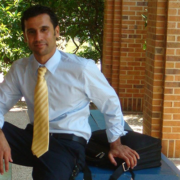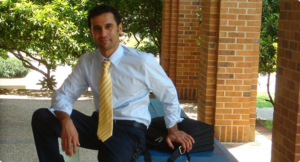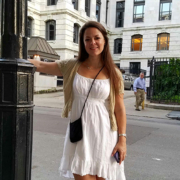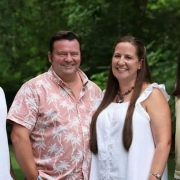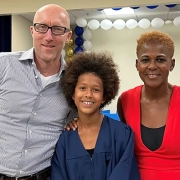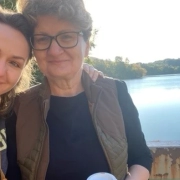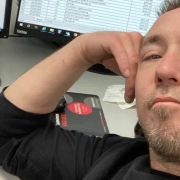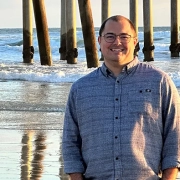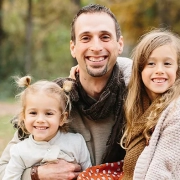The Faces of Luminex: Melanie Van Winkle, SD&I
At Luminex, we know that designing and delivering great products is only half the battle; the support of well-written instruction and documentation, including user manuals, is imperative to both product and customer success. For this vital role, we rely on people like Melanie Van Winkle, Technical Writer I, to provide excellent written communication to our customers. Melanie joined Luminex in 2022 and earned her bachelor’s degree in biology from the University of Texas, as well as a certificate in medical device regulatory affairs from the University of California, Irvine.
Q: What are your responsibilities at Luminex?
A: I write and maintain all the user-facing hardware and software documents for our instruments. I work in the Systems Development and Integration Department — SD&I, that’s what we call our instrument R&D group — so I also sometimes provide the perspective of a non-engineer. I take complicated engineering terminology and help articulate it into something that makes sense for a layperson.
Q: How did you get started on this career path?
A: I was always a really good writer. But then, I got a degree in biology and started working for an antimicrobial testing lab where we tested drugs, pharmaceuticals, and cosmetics. I realized I didn’t enjoy the hands-on part of biology as much; I wanted to stay within the scientific and technical realm, but get back to writing, so I became a technical writer.
Q: What drew you Luminex?
A: I liked that Luminex produces in-vitro diagnostic devices that help people, and I also liked the culture here. A couple of my former coworkers had come to Luminex before I did and seemed to enjoy the environment, so I had a feeling it would be a good fit for me, too.
Q: If you could solve any clinical or genetic challenge, what would it be?
A: My dad died three years ago from cancer. There have been a lot of really cool developments in immunotherapy lately, so if I had a magic wand, I would try to find some cures for cancer.
Q: If you weren’t at Luminex, where would you be?
A: I would probably write fantasy novels.
Q: What is something about you that no one at Luminex knows?
A: I play the piano. I took lessons for 12 years while I was growing up, and now I play more modern songs. Hearing AC/DC music on a piano is really cool.
Q: What’s your favorite thing to do in Austin on the weekend?
A: I like all the restaurant and bar and entertainment options. We have a chain of arcades around here called Pinballz, and it’s a fun place to go on the weekends.

